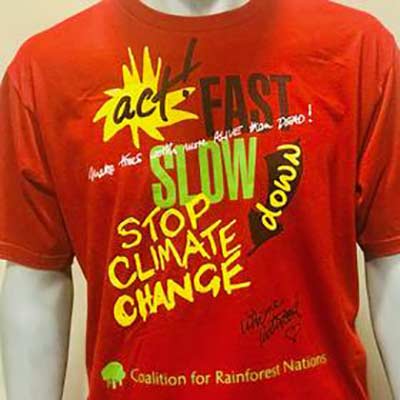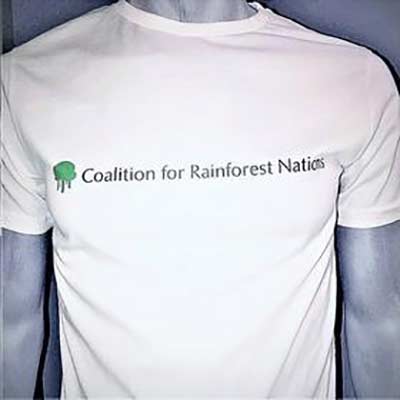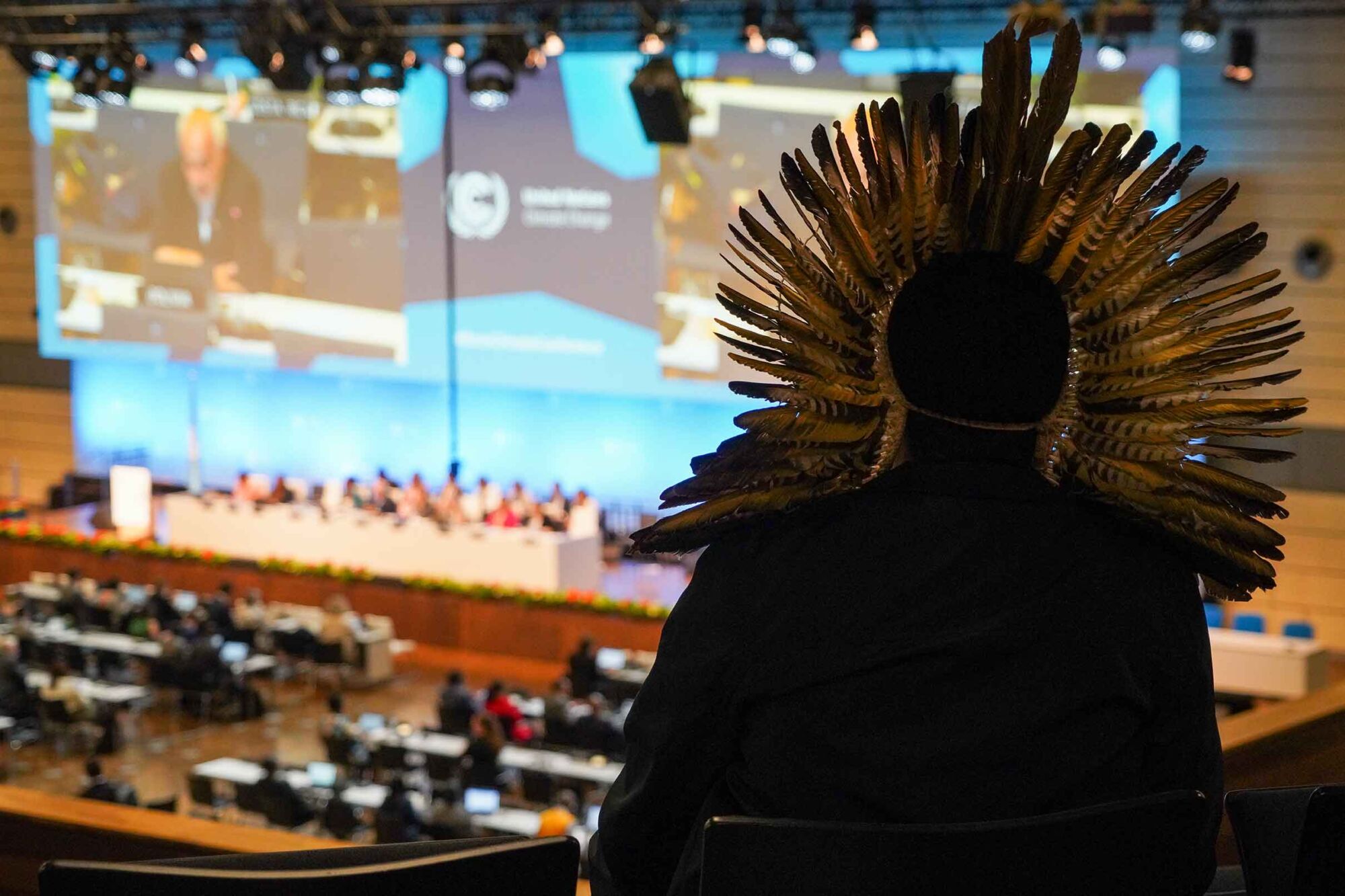
Developing Countries Press for Climate Finance at Bonn Talks
Last month, the CfRN team attended the Bonn Climate Change Conference to support countries, in the ongoing Paris Agreement negotiations, especially around Article 6, which covers the new carbon markets and how countries can draw climate finance from the sale of their sovereign carbon credits.
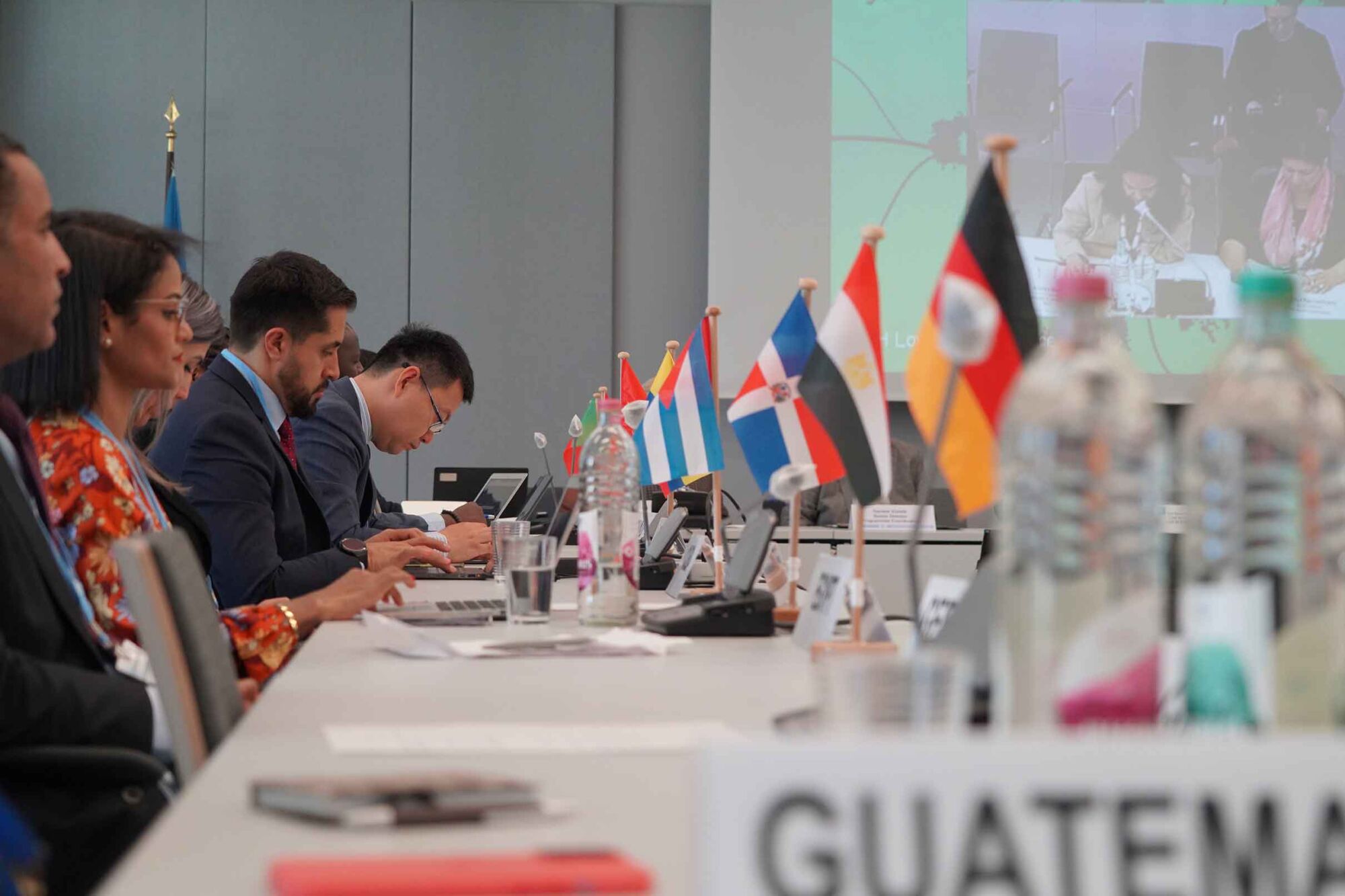
During the two-week negotiations, topics such as the global stocktake, climate adaptation, mitigation, loss and damage, means of implementation, and historical responsibility of developed countries came up continuously for discussions and disagreements. Only in the final days of the conference was a compromise found, and countries agreed to resolve the agenda issue, avoiding a potential false start at COP28 in Dubai.
At the summit’s opening, a meeting agenda could not be adopted because of a lack of consensus among the Parties. The main issue at stake was the difference in the positions between developed and developing countries, with developing countries requesting more emphasis on addressing climate finance.
The purpose of these mid-year negotiations is to help countries advance their understanding of technical issues and set the work agenda for the remainder of the year. The conference also identified how close countries are to reaching key decisions at COP28.
On the carbon markets, negotiations revolved around articles 6.2 and 6.4 of the Paris Agreement. Article 6 aims to lay out the rules for the new carbon market and determine how a country’s surplus emissions reductions, called Internationally Transferable (Climate) Mitigation Outcomes (ITMO), can be traded between countries and corporations. For rainforest nations, these trades will provide critical climate finance to help forest conservation and transition to sustainable economies.
During the summit, there was a clear willingness by all parties to make good progress in moving forward the issue to operationalize art. 6. In addition, Parties made quite it clear that there is no space for carbon avoidance under article 6 for forests. The math is clear; less than 500 Gigatons of emission is left to avoid a temperature increase above the 1.5 degree Paris Agreement goal. There are approximately three thousand gigatons of discovered fossil fuel and 1000 in forests, there is no space for avoidance. Buy only real reductions and real removals, “said Federica Bietta, Managing Director, Coalition for Rainforest Nations.
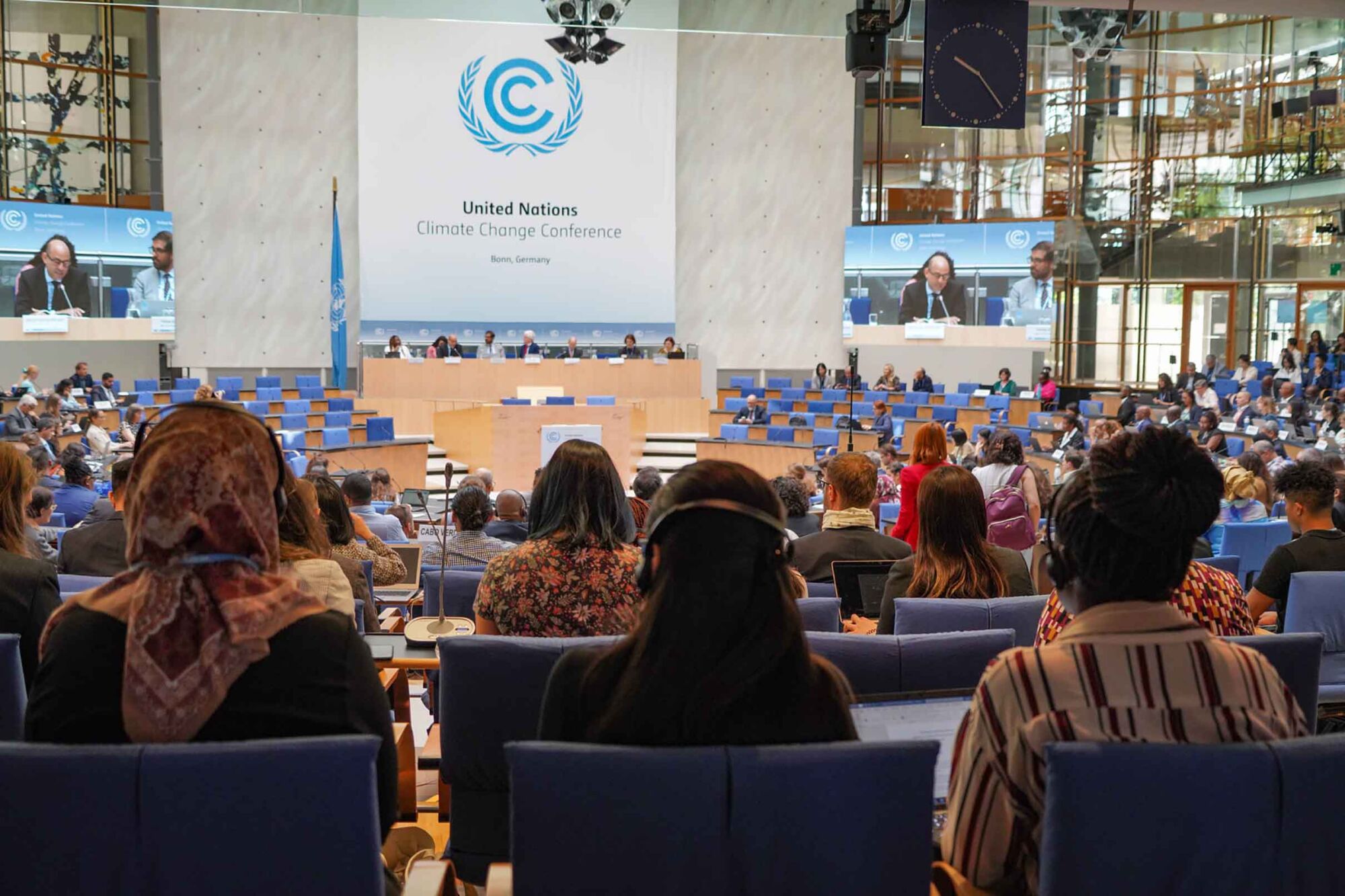
Article 6.2
The Bonn conference was supposed to advance the missing elements of the rules for the carbon markets in Article 6 that would allow ITMOs to trade. The main points were:
- Initial report: sequencing and timing
- Agreed Electronic Format (AEF)
- Authorization
- Registry
- Capacity building
Parties agreed to request the UNFCCC secretariat to hold a hybrid workshop to discuss the rules and procedures for the carbon market mechanism. On the sequencing and the importance of reviewing the initial reports, Parties addressed inconsistencies in the information and emphasized the need to ensure transparency. Some Parties raised the issue of confidentiality. In addition, Parties stressed the importance of understanding to which extent the Article 6.2 mechanism is used to achieve a country’s climate pledge or Nationally Determined Contribution (NDC).
On the AEF for annual information and reporting, Parties emphasized the need for consistency and proposed the development of a manual to enhance understanding of the subject.
On the issue of Authorization of Internationally Transferrable Mitigation Outcomes (ITMOs), Parties requested the UNFCCC secretariat to prepare a technical paper to include the analysis prior to the hybrid workshop to consider the process of authorization, notably the scope of changes to authorization of internationally transferred mitigation outcomes towards use(s), and the process for managing them and for authorization of entities and cooperative approaches to ensure transparency and consistency.
On the issue of registry, the focus was on the international registry’s interoperability, functionality, and guidance on ITMOs. Parties recalled that Parties could use the international registry with no means to create a national registry. Parties called for the interoperability of national registries to the international registry for a global tracking system of ITMOs. Parties also addressed the issue of authorization and first transfer of ITMOs, with an emphasis on maintaining market integrity and transparency.
Developing countries called for addressing the special circumstances of Lesser Developed Countries (LDCs) and Small Island Developing States (SIDS). The focus was on the connection between registries and joint work on authorization. Parties emphasized timing, centralized information, and the need for guidance and capacity building.
Additionally, the Parties acknowledged the importance of an urgent need for a strong capacity-building program. They requested the secretariat to continue to provide regular updates on the status of the work on the capacity-building program. Parties also recalled paragraph 9 of decision 6/CMA.4 regarding the request to the secretariat to implement and maintain the training program for technical experts participating in Article 6, technical expert.
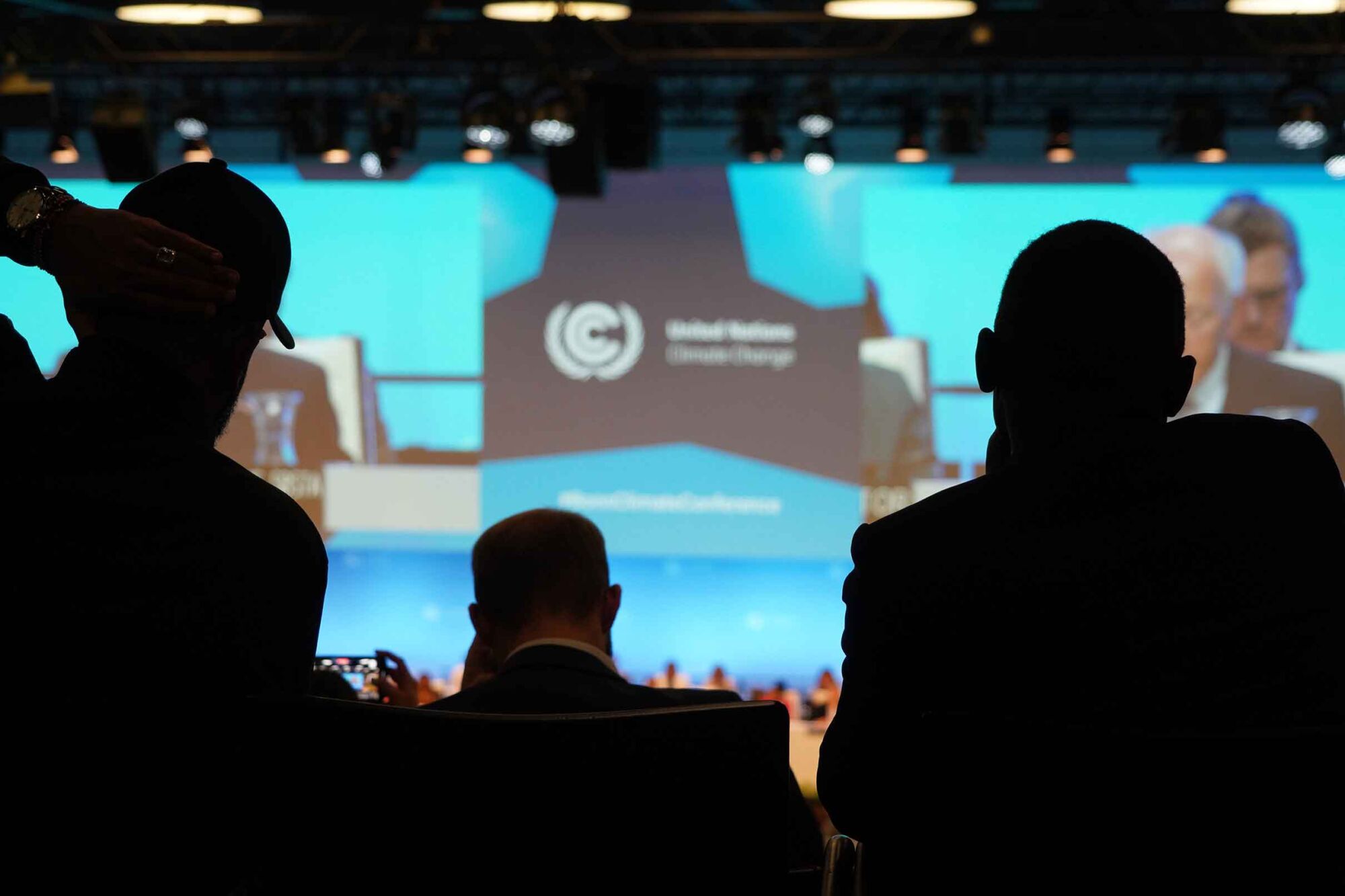
Article 6.4
The main points discussed by Parties in Bonn were:
- Emission avoidance and conservation
- Mechanism registry
- Statement by the host party
One of the key elements of Article 6.4 discussion was about the inclusion of emission avoidance and conservation enhancement activities. All Parties, except for the Philippines, expressed serious concerns and opposition to including emissions avoidance (a methodology of the voluntary carbon markets) and proposed to conclude considerations on this topic. However, at Sharm El Sheik it was agreed that a technical expert dialogue would be held to consider the topic. Parties will continue those considerations. The Philippines also highlighted that emissions avoidance should not cover the forest sector because of the already agreed rules under Article 5.2.
Issues concerning the Mechanism Registry under Art 6.4 and its interoperability with the National/International Registry under Art 6.2 were raised. Also discussed was the provision of a statement by the host Party to the Supervisory Body specifying whether it authorizes Article 6.4 emission reductions for use towards the achievement of Nationally Determined Contribution (NDC) and other international mitigation purposes.
Negotiations on Article 6 and other issues will be continued at COP28, Dubai, at the end of November.

